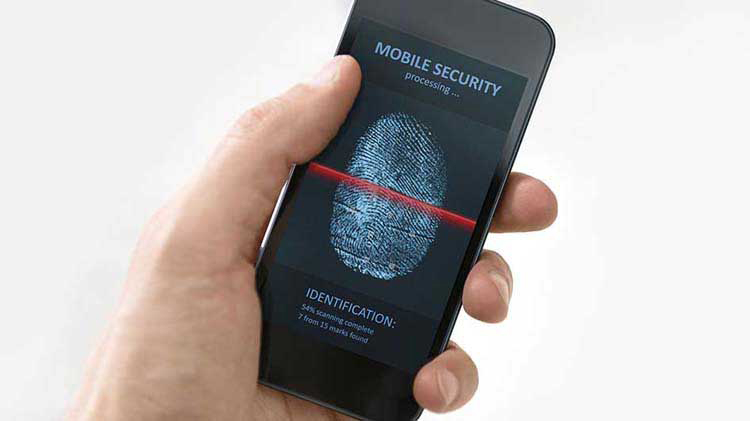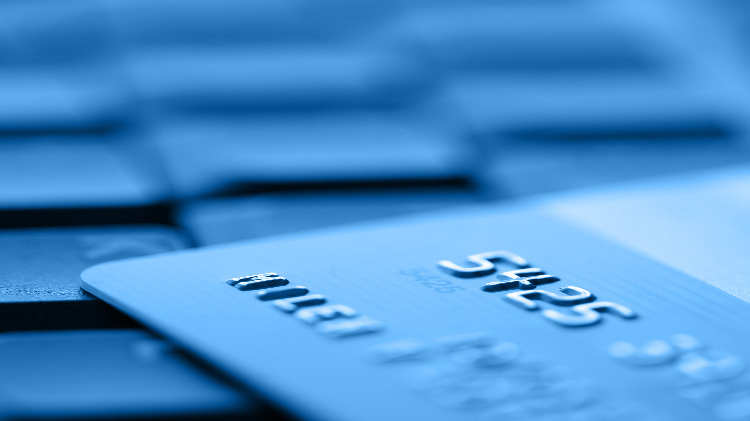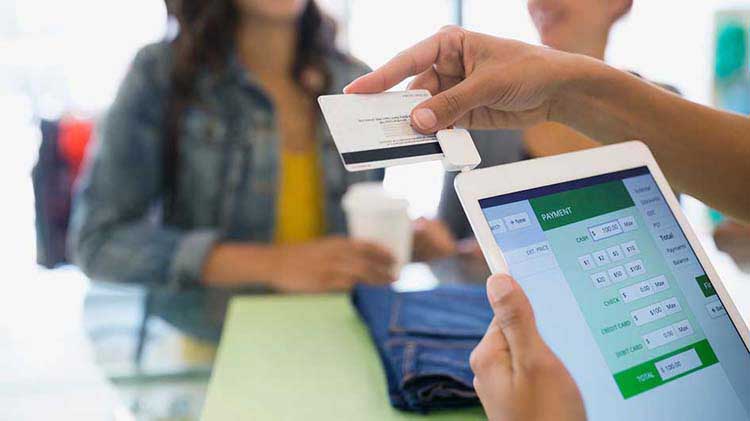How to build credit
Establishing credit is important, so understanding how it works is equally important.
Establishing credit is one of the most important things you'll ever do. Good credit is essential throughout your life, whether you want to buy a house or car, get insurance or maybe even pay less of a deposit for utilities.
Unfortunately, building credit without a credit history isn't easy. Creditors aren't keen on extending credit to someone without a credit score because they don't know the level of risk involved.
Understand credit reporting and credit scoring
A credit score is a numerical scale that lenders use to determine your creditworthiness. The better the number, the more likely it is that you will get the credit you want at a better interest rate. Lenders generally use the FICO® scoring system, which systematically assigns a three-digit number ranging from 300 to 850 that can indicate to the lender the level of future risk based on your credit history. Sometimes creditors don't extend credit to someone without a credit score because of the level of risk involved.
A credit report defines your entire reported credit history and is a major determining factor in your future credit worthiness. Credit checks are used by many companies and are used for many things including buying a house or car, obtaining insurance and obtaining utilities.
Review your credit report
Monitoring your credit is a good thing to do and knowing how to identify fraud is important. To do this, you'll need to request a copy of your credit report. The easiest way is through FreeCreditReport.com, the authorized website for ordering free credit reports guaranteed by the Fair Credit Reporting Act.
If your credit report includes incorrect information or accounts, you'll need to contact the credit reporting agency and the information provider to dispute the error. If you suspect identity theft, you'll need to place a fraud alert on your credit report, close those accounts and file a police report and a complaint with the Federal Trade Commission (FTC).
Apply for a credit card
Having a credit card will likely be the easiest way to establish credit. There are a few options: become an authorized user account holder on someone else's card, apply for a secured credit card or open a store or gas card.
Choose just one or two cards — you don't want or need to open too many accounts quickly. Credit inquiries take points off your credit score, more so for someone with few credit accounts or a short history.
Authorized account holder
To become an authorized account holder, you need to be added to someone else's already established unsecured major credit card. This can be risky for both of you, as their credit mistakes can become yours and vice versa.
Secured credit card
A secured credit card may be your best option for a first credit card. Secured credit cards work like unsecured credit cards but require a deposit in the issuing bank. The credit limit is generally set at the same amount of the deposit. Look for a secured credit card with no application fee and a low annual fee that reports to all three credit bureaus (Equifax, Experian and TransUnion). This is important, since you can't establish credit if your credit accounts aren't being reported.
It's important to remember that you're still required to make monthly payments despite the deposit required for application. That money is earning interest in a savings account, money market or certificate of deposit while your account is open. Your deposit is returned when you close your account or your responsible usage qualifies you for an unsecured credit card with the same issuer.
Qualifying for credit
While gas or department store cards are oftentimes easier to qualify for, they impact your credit score less positively than secured and unsecured credit cards. Still, one isn't a bad credit building block as long as you don't get carried away and charge a whole new wardrobe, or spend your gasoline budget elsewhere instead of paying off the balance each month.
Use credit carefully
Once you have a credit card in hand, use it carefully. Your goal isn't to pay interest or charge a significant amount — your credit score isn't based on either. And be sure to stay well under your credit limit; your credit score may be impacted if your total debt compared to the total credit available, known as your debt-to-credit ratio, is over 30%. A couple of minor purchases a month and on-time payments will produce a consistent positive feed on your new credit report.
Monitor your credit score
There are tools to help you monitor your credit report. You'll be able to quickly see if you've developed any bad credit habits, such as making payments late or carrying high balances. Misusing credit can land you with a mountain of debt — and a credit score to repair. And building credit can be much more difficult the second time around.




